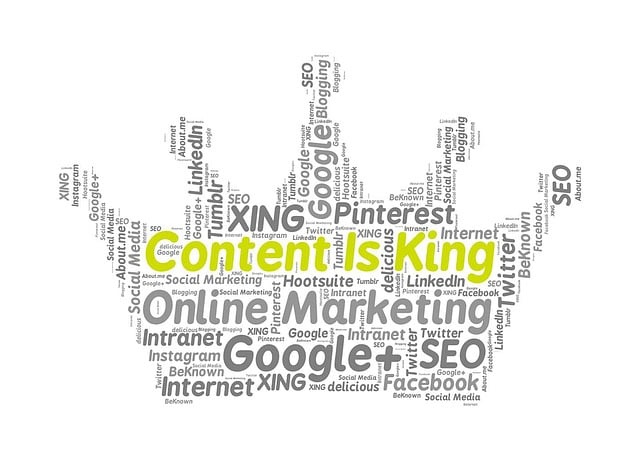The integration of Artificial Intelligence (AI) in mobile home energy management is a game-changer, aiming to enhance residential energy efficiency. AI algorithms analyze extensive datasets from these homes, identifying patterns and trends in energy usage. This technology powers advanced AI legal clause flagging systems within contracts, enabling predictive analysis and fair agreement enforcement between homeowners and service providers. These systems optimize heating/cooling processes, offer personalized energy-saving strategies, and promote transparency by flagging clauses related to maintenance, billing, and data accessibility. Ultimately, AI legal clause flagging systems help mobile home residents achieve more sustainable living while reducing their environmental impact through optimized energy management practices.
In today’s digital era, optimizing energy usage in mobile homes is more crucial than ever. This article explores how Artificial Intelligence (AI) can revolutionize mobile home energy analytics. We delve into understanding unique consumption patterns and the significant role of AI legal clause flagging systems in identifying inefficiencies. Furthermore, we discuss how AI enhances energy efficiency through data-driven insights, ultimately transforming mobile home contracts with smarter, more sustainable provisions. Discover how AI legal clause flagging systems are set to become a game-changer in energy conservation.
- Understanding Mobile Home Energy Consumption Patterns with AI
- The Role of Legal Clause Flagging Systems in AI Analytics
- Enhancing Energy Efficiency: AI's Impact on Mobile Home Contracts
Understanding Mobile Home Energy Consumption Patterns with AI

Understanding Mobile Home Energy Consumption Patterns with AI is a game-changer in the residential energy management sector. Artificial Intelligence (AI) algorithms can analyze vast amounts of data from mobile homes, providing valuable insights into energy usage behaviors. By employing machine learning techniques, these systems identify patterns and trends that may not be apparent through traditional methods. This technology allows for the development of efficient AI legal clause flagging systems within mobile home contracts.
These intelligent systems can predict energy demands, optimize heating and cooling processes, and even suggest tailored energy-saving measures. With AI, mobile home owners and managers can make data-driven decisions to reduce utility costs and minimize environmental impact. Moreover, the integration of AI in energy analytics ensures that contract agreements between homeowners and service providers are fair and transparent, as these systems flag any unusual consumption patterns, promoting accountability and sustainability.
The Role of Legal Clause Flagging Systems in AI Analytics

In the realm of AI-driven energy usage analytics, especially within the context of mobile homes and similar residential settings, the implementation of legal clause flagging systems plays a pivotal role. These advanced systems are designed to seamlessly integrate with smart home technologies, monitoring and analyzing energy consumption patterns while also identifying potential issues or anomalies. By utilizing AI algorithms, these tools can flag clauses within user contracts that may impact energy usage, such as provisions related to maintenance responsibilities, billing structures, or accessibility to personal data for analytics purposes. This dual function—energy management optimization and contractual compliance checking—makes AI legal clause flagging systems a game-changer in the efficient administration of mobile home communities.
For instance, an AI system could alert homeowners or property managers if specific clauses allow for remote energy monitoring, specify energy-saving measures required under the contract, or detail penalties for excessive energy consumption. This proactive approach not only ensures adherence to contractual obligations but also fosters a culture of energy conservation among residents, contributing to overall sustainability goals. Additionally, these systems can help manage expectations and maintain transparency between homeowners and management by clearly articulating rights and responsibilities regarding data usage and privacy.
Enhancing Energy Efficiency: AI's Impact on Mobile Home Contracts

AI has the potential to revolutionize energy efficiency in mobile homes through advanced analytics and intelligent systems. By integrating AI legal clause flagging into mobile home contracts, residents can benefit from enhanced energy management practices. These systems can monitor and optimize energy usage, identifying areas for improvement and providing actionable insights. For instance, AI algorithms can detect inefficient appliances or heating/cooling systems and flag these issues for timely replacement or upgrade.
Moreover, AI-powered analytics can predict and prevent sudden spikes in energy consumption, helping residents avoid unexpected bills. This technology enables them to make informed decisions about their energy usage, leading to significant cost savings over time. As a result, mobile home owners can enjoy more sustainable living while also improving the overall environmental impact of these residential spaces.
AI is transforming how we understand and manage energy usage in mobile homes, offering both efficiency gains and innovative contract solutions via advanced analytics. By delving into these patterns, we uncover opportunities to reduce costs and promote sustainable living. The integration of AI legal clause flagging systems for mobile home contracts presents a promising future, where resource management and tenant agreements are seamlessly aligned, fostering a greener and more economical environment for all.
